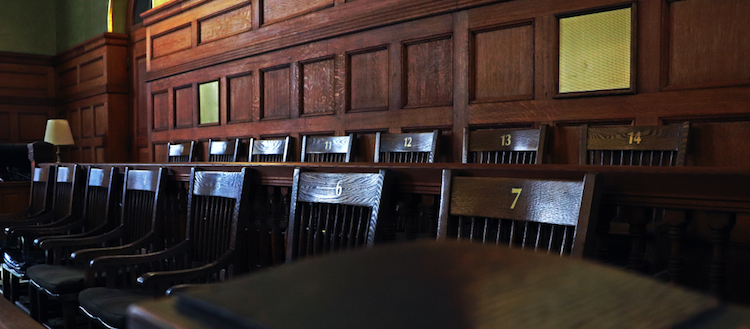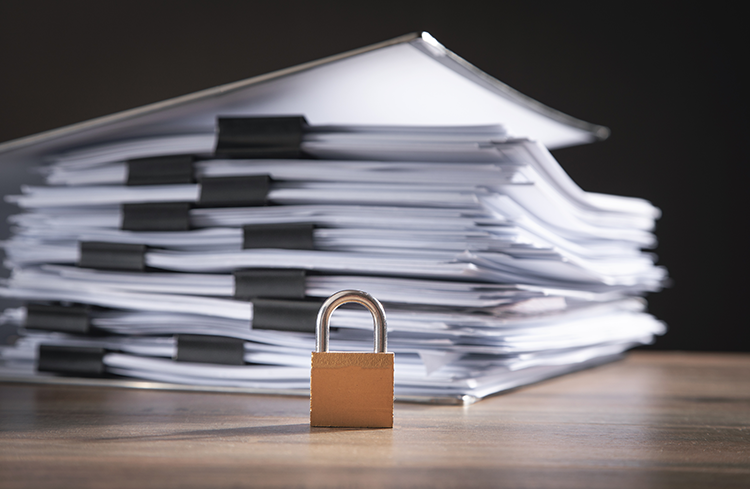Did pandemic make jurors more skeptical of scientific evidence? Some see a change

Image from Shutterstock.
Jurors appear more skeptical of scientific and medical testimony following the COVID-19 pandemic, according to some lawyers and experts interviewed by Law.com.
One lawyer who thinks there is a change is Andy Birchfield, who leads the mass torts practice at Beasley Allen. He points to a string of four recent verdicts for Johnson & Johnson in cases alleging that its talcum powder causes ovarian cancer.
“There seems to be a growing lack of trust in science,” Birchfield told Law.com. “And I think that’s the result of what we’re seeing in our country over the pandemic and the vaccines. Is it real? Is it fake? It has cast some suspicion.”
The scientific distrust is more pronounced in Southern states, according to Kenneth Suggs, a South Carolina lawyer who leads the American Association for Justice’s Presidential Task Force on Civil Jury Trials in the Era of COVID-19. He bases his opinion on discussions with lawyers and his tracking of cases for a year.
Trial consulting firms that conduct focus groups and mock trials are also noting an anti-science sentiment, according to Law.com.
“COVID has amplified a preexisting problem in the deliberation room in terms of juror receptivity to scientific and medical testimony,” said Geri Satin Fischman, a senior trial consultant at Focus Litigation Consulting in Miami, in an interview with Law.com.
“The rapidly evolving science surrounding COVID has resulted in mixed messages and, in some cases, misinformation that has eroded public trust in science,” Fischman said.
But not everyone sees a change in juror attitudes. Bryan Aylstock of Aylstock, Witkin, Kreis & Overholtz is co-lead counsel in multidistrict litigation over allegedly defective combat earplugs made by 3M. He has won four out of five bellwether trials in Pensacola, Florida.
“The juries who have listened to the evidence have been receptive to the evidence we’ve provided, carefully considered this evidence and been extremely attentive to both sides,” he told Law.com.
Even Suggs thinks that any changes in juror attitudes are temporary.
“As this thing washes through, I don’t think there will be a permanent change in juries because of the COVID pandemic,” he told Law.com. “It’s going to depend on the quality of the case, and the quality of the lawyering more than the external factors like COVID.”
Write a letter to the editor, share a story tip or update, or report an error.


